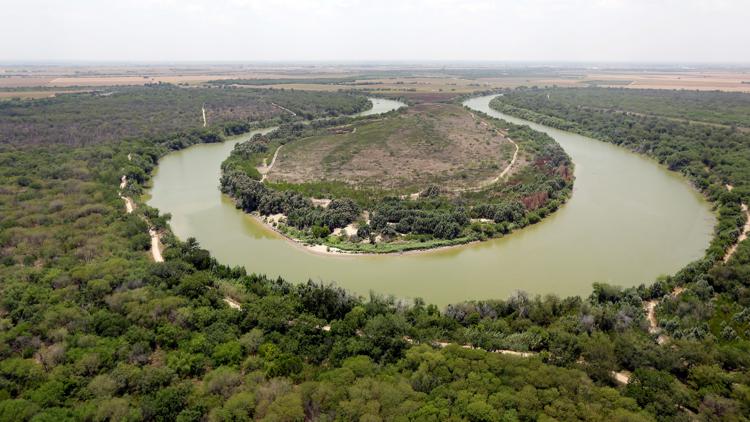AUSTIN, Texas — The Texas Department of Agriculture has authorized an executive order allowing farmers to tap the Rio Grande for irrigation.
On Thursday, TDOA Commissioner Sid Miller issued the order following heavy rainfall in Mexico. According to a release from the TDOA, that deluge has caused significant runoff causing large amounts of freshwater to flow into the bay—wasting it.
Rather than letting that water go to waste, Miller's executive order allows farmers in the Rio Grande Valley to use it for watering their crops. Though Miller deemed the action justified in his statement, it comes in conflict with an 80-year-old agreement between the U.S. and Mexico—the 1944 Water Treaty.
The treaty operates on a five-year cycle, where the U.S. delivers water to Mexico in the West via the Colorado River and Mexico delivers the U.S. water in the East via the Rio Grande. We're in the fourth year of that cycle, and Mexico will likely be at a deficit with the water it owes the U.S.
Historically, Mexico has not held up its end of the deal, underdelivering on its annual obligation of 350,000 acre-feet of water. According to the U.S. Section of the IBWC, Mexico has fallen behind on its payments to the tune of 750,000 acre-feet of water. That has put farmers in Texas' Rio Grande Valley operating with a limited water supply.
“Enough is enough,” said Commissioner Miller in a release. “We’re done sitting around waiting for someone else to act. There is no reason the water overflow south of the Amistad and Falcon international reservoirs should go down the Rio San Juan to the Rio Grande and be wasted. The water belongs in the hands of those who need it most, not lost to the bay.”
Miller's order has no expiration, which could lead to further water disputes between the U.S. and Mexico in the future.



